|
Karen Lord, The Blue, Beautiful World, Del Rey, 2023. Audiobook available. The Blue, Beautiful World is a fascinating science-fiction stand-alone novel about first contact. Owen is a global music star. The crowds flock to his concerts, commune in his music which celebrates the countries where he tours. Beyond his fame and talent, he's also investing in virtual reality, and in a particular corporation he supports. He's surrounded by loyal aides and managers. But there's more to Owen than meets the eye. Lord wrote a polyphonic novel and although the first part is very much focused on Owen, he is rarely the point of view character. New characters appear as soon as we move into the second part and take centre stage for a while. Out of them all, I particularly enjoyed Kanoa, a young Polynesian man, who is about to join a mysterious global diplomatic program. His loyalty to his roots, to his family and to his duty, but also his need to understand the world are very endearing. Owen was a fascinating character but he often remains aloof. It makes it difficult to relate to him, but it reflects accurately the face he presents to the world and his Messiah-like statute. More than any individual character though, it is the ensemble cast as a whole which is meant to make sense and support the theme of the novel. Please note that mild spoilers follow--it was impossible to review the novel without them. The Blue, Beautiful World is a first contact novel, but it starts before the first contact itself. It's difficult not to see the metaphor here--whether intentional or not--about colonialism on Earth. What if the indigenous Antillean nations had been united, had prepared for first contact with the Europeans, then would they have been recognised as equals? Because Owen is laying the ground to prepare Earth for first contact so that people can face the galaxy which is already rife with conflicts and alliances, full of technology far superior to human technology. It's a difficult task as Owen must act in secret. At the same time, aliens are already on Earth, influencing administrations and corporations so that they can easily swoop in. Lord refuses to offer us a saviour in Owen and amphasises instead the importance of intelligence, knowledge and cooperation. Nonetheless, it's difficult not to read Owen as a reluctant Messiah, one who refuses the mantle, even if he is often presented with his faults and frailties. The complexity of this situation--the need for a leader when the leader only wants to enable others--is done with remarkable nuance by Lord. At times, the novel is almost impressionistic. It might feel frustrating for readers who might want to know more about the sentient ships, about Owen's father, or about the galactic factions. But in the end, The Blue, Beautiful World isn't a run-of-the-mill first contact novel, but rather an intellectual experience about this theme and offers solutions which feel like missed opportunities when we consider our past. Lord writes a polyphony made of many voices, all focused about a goal. It makes for a pace that sometimes feels meandering, but which will bring you to its demonstration and avoid all the traps of didacticism along the way. It's Lord at her best, with a prose and a structure unlike what you might expect, celebrating humanity and cooperation, humility and the sharing. It might not be the best entry point into her work, but it'll delight those who have enjoyed her novels before. If you've liked The Blue Beautiful World, you may also enjoy
Comments are closed.
|
All reviews are spoiler free unless explicitly stated otherwise.
I only review stories I have liked even if my opinion may be nuanced. It doesn't apply for the "Novels published before 1978" series of blog posts. Comments are closed, having neither time nor the inclination to moderate them. |
WHAT IS THE MIDDLE SHELF?
The middle shelf is a science-fiction and fantasy books reviewS blog, bringing you diverse and great stories .
PLEASE SUPPORT AUTHORS.
IF YOU LIKE IT, BUY IT. |
ON THE MIDDLE SHELF
|
KEEP IN TOUCH WITH THE MIDDLE SHELF
|
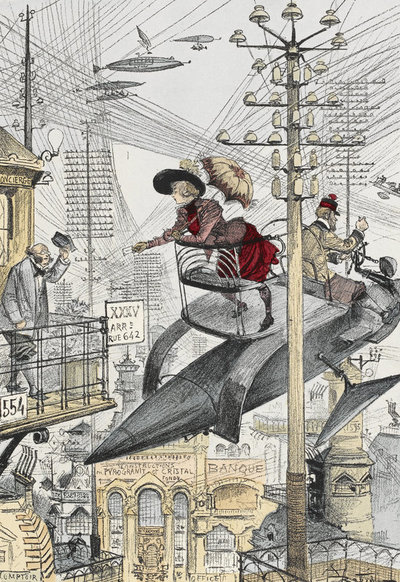
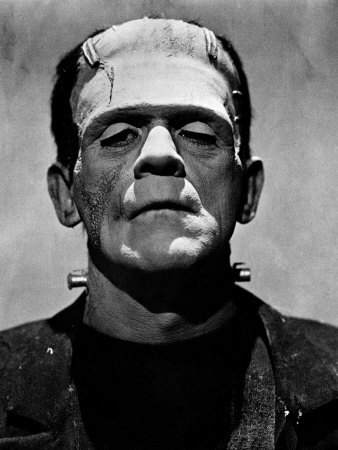

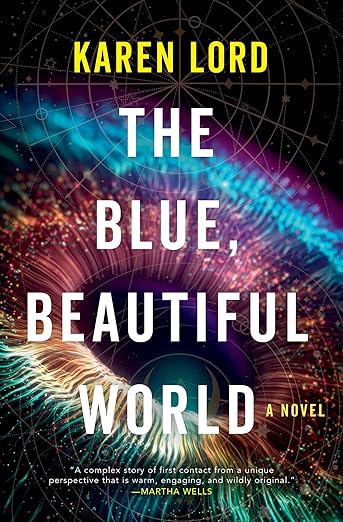
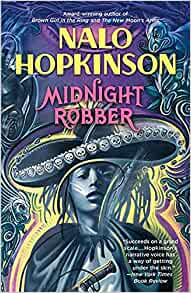

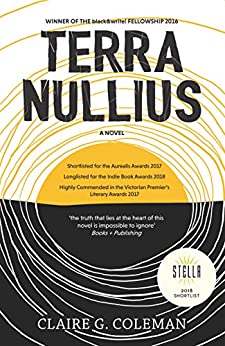
 RSS Feed
RSS Feed
